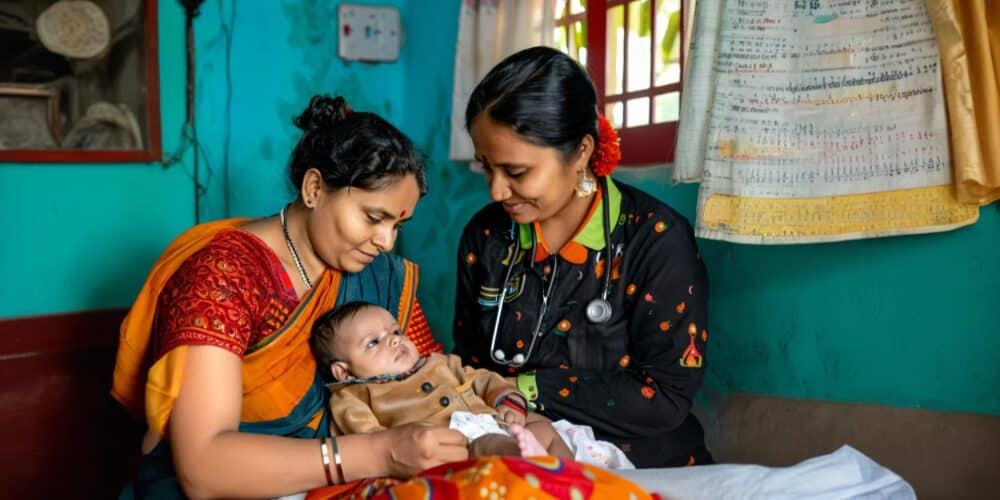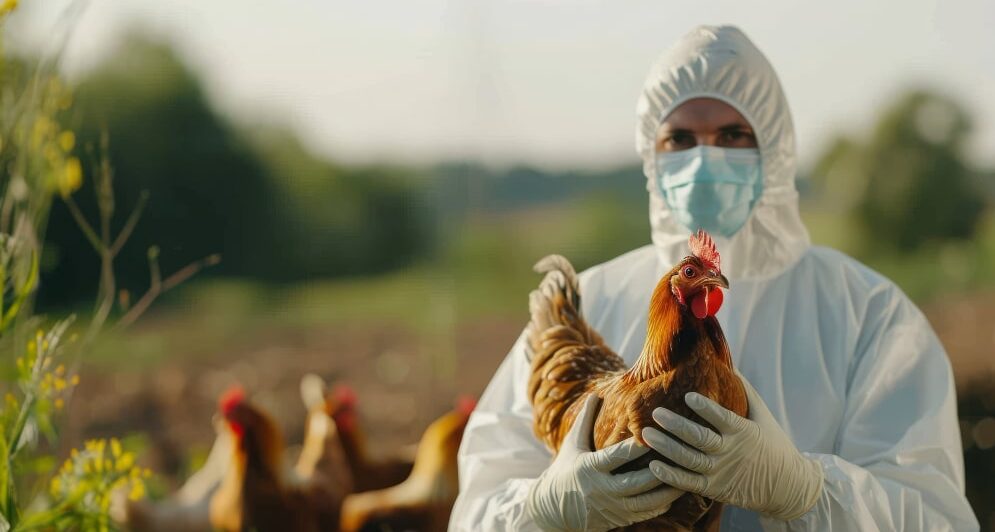Vaccination accounted for 40 per cent of the observed decline in global infant mortality, 52 per cent in the African region, according to the WHO-funded study.
Since 1974, vaccination has averted 154 million deaths, including 146 million children younger than five years, of which 101 million were infants younger than one year of age, according to a recent study published in The Lancet. For every death averted, 66 years of full health were gained on average, translating to 10.2 billion years of full health gained.
“Between June 1, 1974, and May 31, 2024, vaccination programmes targeting the 14 modelled pathogens were estimated to have averted 154 million deaths,” says the study, funded by the World Health Organization (WHO). “Many vaccines protect in two ways, by direct reduction of risk to the vaccinated individual and, for most vaccines (although notably not tetanus), by reducing the community transmission and by reducing exposure to infectious diseases,” it further states.
In Africa and Europe, vaccines have contributed to a substantial proportion of the reduced infant mortality, but in Africa this has meant many more lives are saved in absolute terms, showcasing the high vaccine impact attainable in regions with the highest infectious disease burden. “We estimate that vaccination has accounted for 40 per cent of the observed decline in global infant mortality, 52 per cent in the African region,” notes the study.
“We estimate that, in 2024, children aged 10 years are approximately 44 per cent more likely to survive to their next birthday than if no vaccinations had occurred since 1974, individuals aged 25 years are 35 per cent more likely, and those aged 50 years are 16 per cent more likely,” say the authors of the study.
One of the aims of the study was to evaluate vaccine impact by region and other predictors. “We found that larger absolute gains occurred in regions with initially high mortality, although relative benefit has been lower in such areas, because of competing mortality risks. Vaccines promote equity by saving more lives in places where more deaths occur,” concludes the study.
Read More : Vaccine misinformation fuels measles resurgence in US















